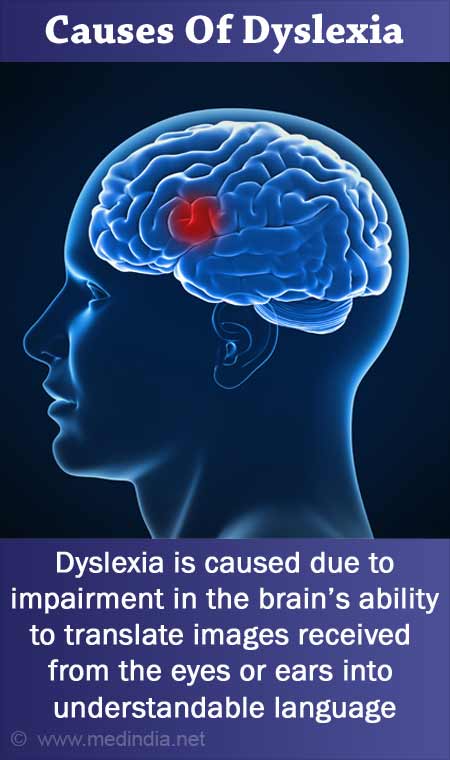UNDERSTANDING DYSLEXIA
Article by Victor Agbanya
What is Dyslexia?
Dyslexia simply means difficulty with words. The Word Web dictionary puts it as ‘impaired ability to learn to read’. Hence, a dyslexic refers to a person having impaired ability to comprehend written word. A dyslexic is a person, or an individual who has severe problems with reading, writing and spelling words or is unable to read, write and spell words.
Dyslexia is of two main categories. These include:
- Acquired Dyslexia: this type of dyslexia occurs when a person loses the ability to read and also write as a result of accident, a brain injury or a disease.
- Developmental Dyslexia: this type of dyslexia is often inherited for life. The dyslexic (a person with dyslexia) has severe problems with reading, writing, and spelling.
Other severe problem may include:
- Concentration
- Short Term Memory
- Organisation
- Sequencing (arrangement of alphabet, days of the week, months etc.)

Dyslexia is not caused by poor vision or hearing, or lack of motor co-ordination, although, in some cases, problems with visual and auditory processing and motor co-ordination may occur together with dyslexia.
CAUSES OF DYSLEXIA
Dyslexia is a neurologically or brain-based condition, that is, the brain of children with dyslexia do not function in the same way with children and adults that do not have dyslexia.
LIFE-LONG CONSEQUENCES OF DYSLEXIA
- Without early recognition by their teachers, pupils with dyslexia may risk continuous failure at school.
- They lose morale as they see their classmates getting ahead and leaving them behind. The lasting impact of this loss of self-esteem should not be underestimated.
- Young people with dyslexia feel defeated by the education process and are unlikely to go on to further training.
- They will face difficulties finding a job. In some instances they become marginalized, cannot integrate into society and get involved in anti-social behaviour.
The children in a classroom may seem to be slow. The truth is that they are not too slow. It is just that their abilities are covered with difficulties with words that they are written and at times they could also difficulties with oral language too.
As teachers and educators, we come across learners with dyslexia in our classrooms. It is therefore important for all teachers to be trained in the awareness of dyslexia and appropriate response that should be given to different learning abilities in an inclusive classroom setting. Children and adults with severe reading difficulties can be helped.
